‘We had seen God in his splendours, heard the text that nature renders. We had reached the naked soul of man.’ Ernest Shackleton’s lines unscroll through both these complementary books. David Grann’s The White Darkness is all-man, the gripping story of mighty but quite straightforward struggles. The Library of Ice, brimming with men, women, ships, science, complexity, brevity and beauty, has a precision and quiet brilliance which suggest the feminine. In fact, these qualities belong simply to the author, Nancy Campbell. Readers will finish her quasi-travel book, a search for an ‘understanding’ of ice, wary of any idleness of expression, any generality in thought. Campbell seems incapable of either. There is not one inelegant or flabby line in 300 pages of the best writing that I have relished this year (along with Jan Morris’s Battleship Yamoto). W.G. Sebald would have loved, envied and recognised a fellow spirit.
Both books portray and examine souls. The White Darkness follows Henry Worsley, SAS soldier, Antarctic adventurer — and a distant relative of one of Ernest Shackleton’s team — as he retraces two of Shackleton’s astounding polar journeys.
Campbell travels in Greenland, Denmark, the Alps, the States, Amsterdam, Iceland and the oceans, following more subtle lines, uncovering connections between cartography, chronography, crystalline structures, alien moons and the future. The soul she studies is planetary. I read Grann first, thinking his book would be hard to beat (it made me cry); but I melted like a snowflake in The Library of Ice.
Comparing books on the crudest scale is irresistible fun, though judgments may speak more of judge than subject. But the polar worlds have always inspired competition, non-malevolent combat between racing explorers, between humans and death in freezing storms of darkness, between men and their souls.
Grann is a New Yorker staff writer to be reckoned with. His book is short and you wish it were longer. He opens with Worsley, mid-mission:
A chandelier of crystals hung from his beard; his eyebrows were encased like preserved specimens; his eyelashes cracked when he blinked. Get wet and you die, he often reminded himself. The temperature was nearly minus 40 degrees Fahrenheit.
Tones of Mailer and Hemingway gust through the book as Grann tells the story of his hero. Modest, resolute and caring, Worsley seeks that edge where the toughest men find, in nature’s maw, some treacherous path to confrontation with their own frailties. While gathering intelligence in Afghanistan before the British deployment to Helmand in 2006, Worsley foresaw what would happen and reported his fears to the army, only for senior officers to mark his career cards. A couple of years later, Worsley led two other Shackleton-party descendants in the footsteps of the great man’s 1908 expedition, from Ross Island on the Antarctic coast to the Pole.
Mount Terror, Mount Erebus, Titan Dome — even the language of Antarctica intoxicates. Something about its palpable nothingness seems to affect invaders’ souls, just as others feel bitten by Africa.
Shackleton was forced to retreat, just short of his destination. Worsley with his men makes it. In 2015 he decided to take on Shackleton’s planned transcontinental walk alone. Shackleton’s fame grew after the astonishing rescue of himself and his party that mission’s failure required. No reader of Grann’s story of Worsley’s attempt will easily forget it.The greatness of Worsley’s courage, and the descriptions of his family and friends, are truly moving.
Campbell, meanwhile, is the sort who runs out of money and sleeps in stations and phone boxes, unperturbed as long as she has her Bodleian library card. We meet her quitting her job at a literary manuscript dealership in favour of a museum residency in Greenland.
‘Drafts showed the workings of the mind. The words a writer had crossed out became more valuable than their best lines. I learnt the true value of uncertainty.’ Campbell is deeply concerned with the mutability of certainty. In the course of her search for ice truths, she presents us with the explorers Barents and Franklin, the scientists Kepler, Boyle and John Finney (a University College London scientist who helped create a new form of ice, ice XII), a Transylvanian bus driver in Iceland named George and many others.
But the voice you really want to hear is Campbell’s, and she is elusive. She’s a noted poet, a superb scholar and an adventurer (though one suspects she would never call herself one), and her writing most reminds me of Bruce Chatwin’s: that expert, controlled but subtly overjoyed-to-be writing sort of voice. To quote her is to underserve the dazzling unity of this exquisitely made and intellectually thrilling book. I think she has invented a new kind of time-travel-writing. She is, unquestionably, one of our brightest stars.
Got something to add? Join the discussion and comment below.
Get 10 issues for just $10
Subscribe to The Spectator Australia today for the next 10 magazine issues, plus full online access, for just $10.
You might disagree with half of it, but you’ll enjoy reading all of it. Try your first month for free, then just $2 a week for the remainder of your first year.

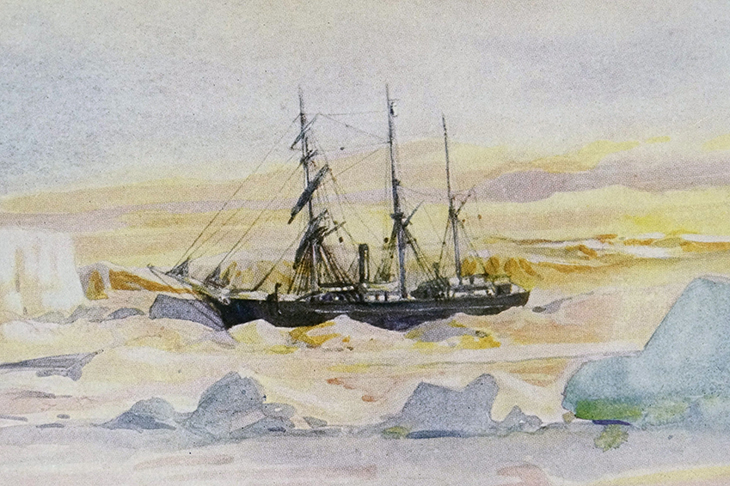
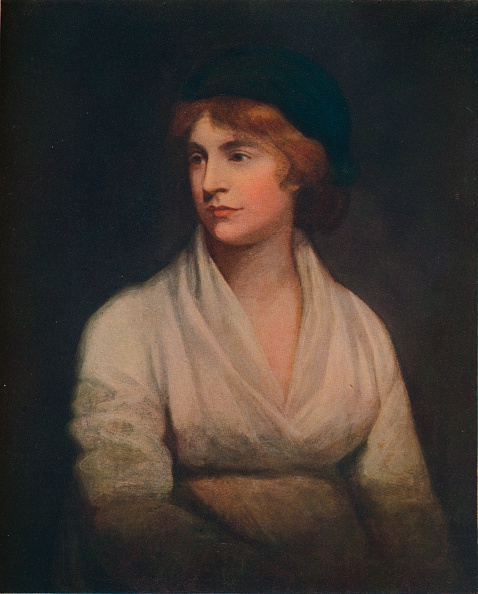
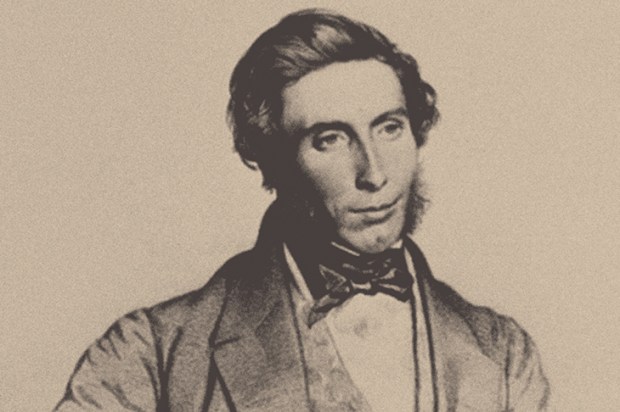
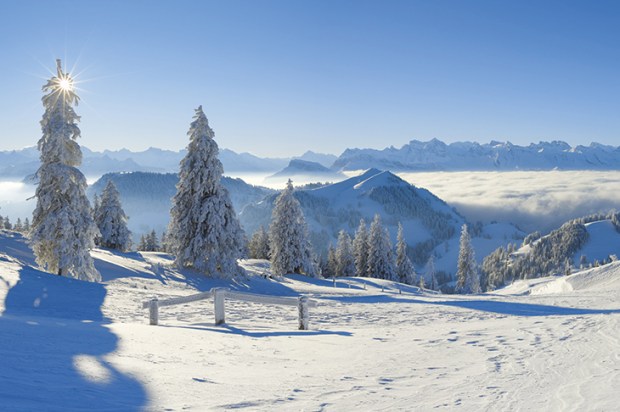
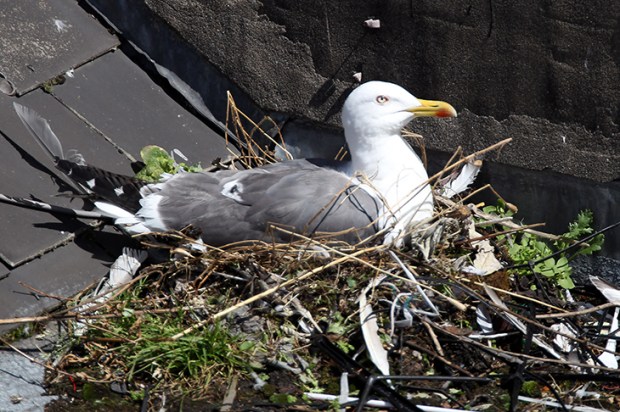

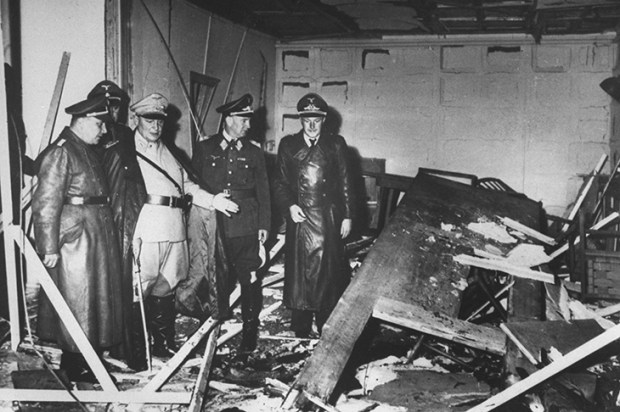






Comments
Don't miss out
Join the conversation with other Spectator Australia readers. Subscribe to leave a comment.
SUBSCRIBEAlready a subscriber? Log in